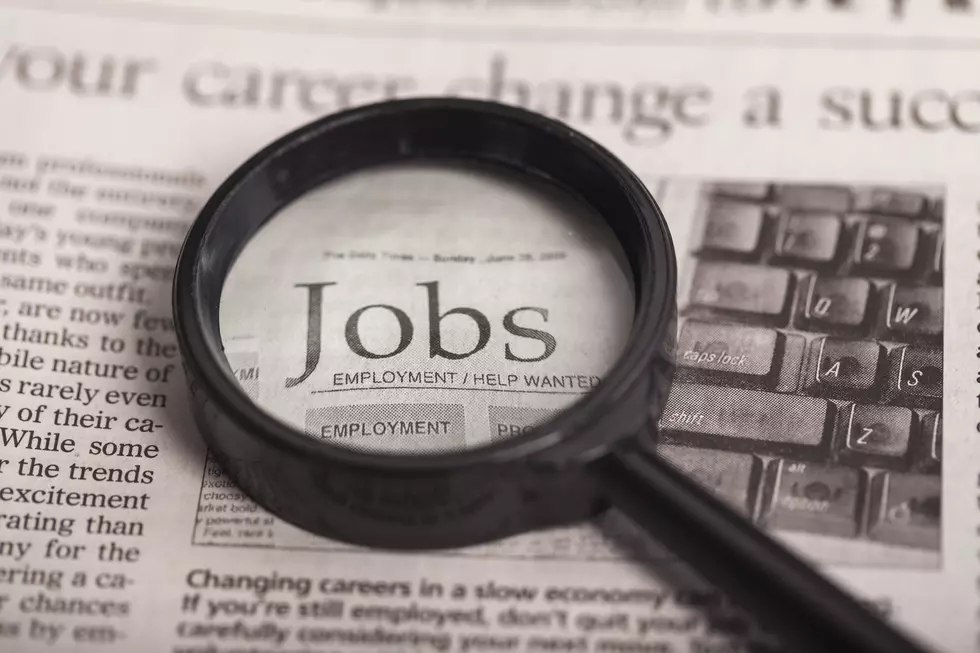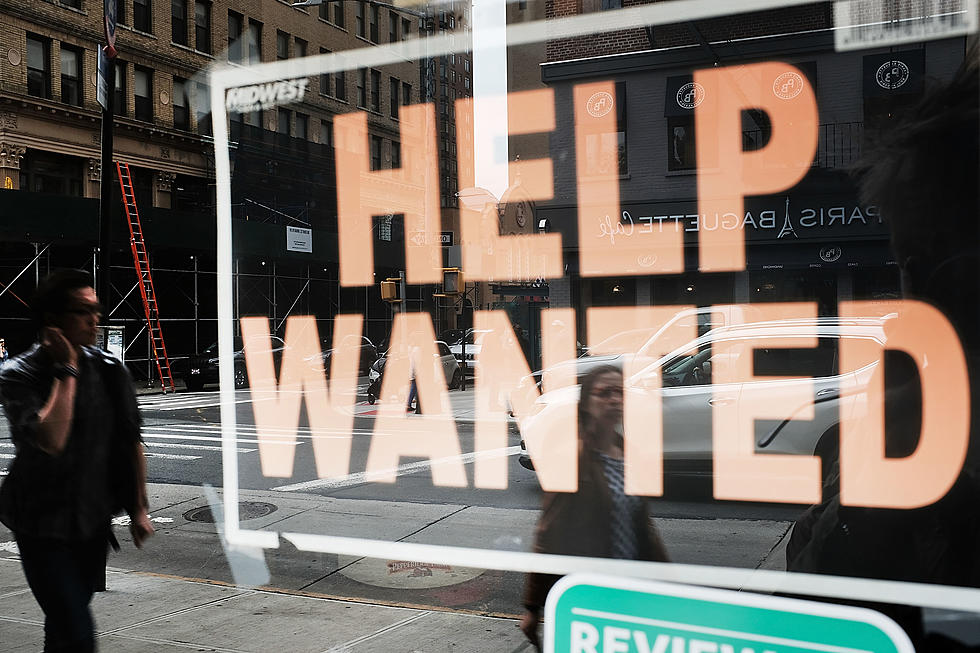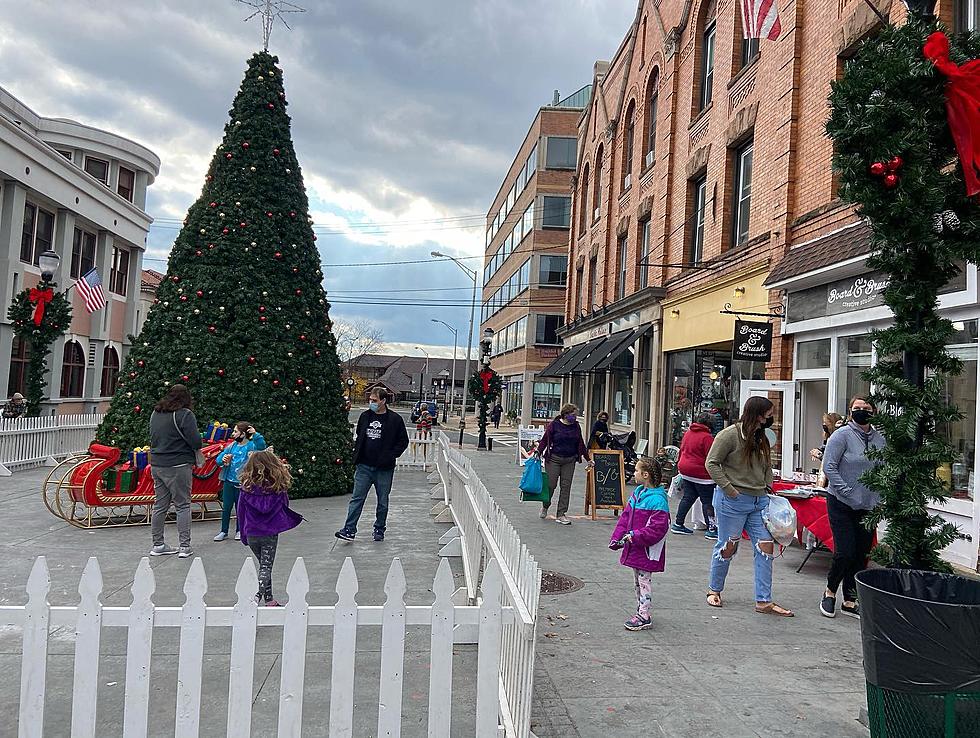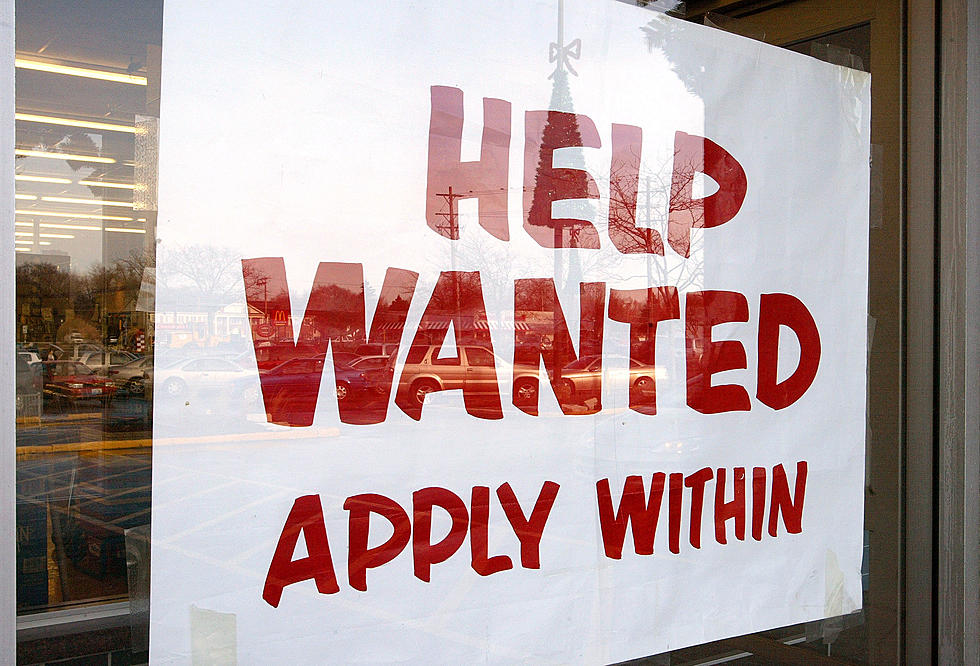
Part-time work on the rise
The country added 288,000 jobs in June, according to the U.S. Labor Department, but take a closer look at the numbers, and there's a less pleasant trend that comes to the forefront.
Millions of workers in America, and 275,000 more of them last month, are part-timers who would prefer full-time employment. Working fewer hours, most part-timers are faced with lower wages, no benefits and a looser footing in the labor market.
The number of "underemployed" workers jumped by 71 percent since the five years prior to the recession, according to Patrick O'Keefe, director of economic research for CohnReznick in Roseland.
"Non-usual employment arrangements, meaning involuntary part-time employment and temporary positions, are still a lasting legacy of the recession," O'Keefe said. "Among those who have jobs, the opportunity to work is far less than was the case before the downturn."
Earnings, meanwhile, are equivalent to where they were in 2008 when adjusted for inflation, according to O'Keefe.
Still, he said, almost any job is betting than not working at all.
To stop the pattern and put the number of part-time workers in reverse, O'Keefe said the country needs to sustain the recent pace of jobs growth and see a pickup in the demand for goods and services so that employers realize the need for full-time help.
More From New Jersey 101.5 FM









